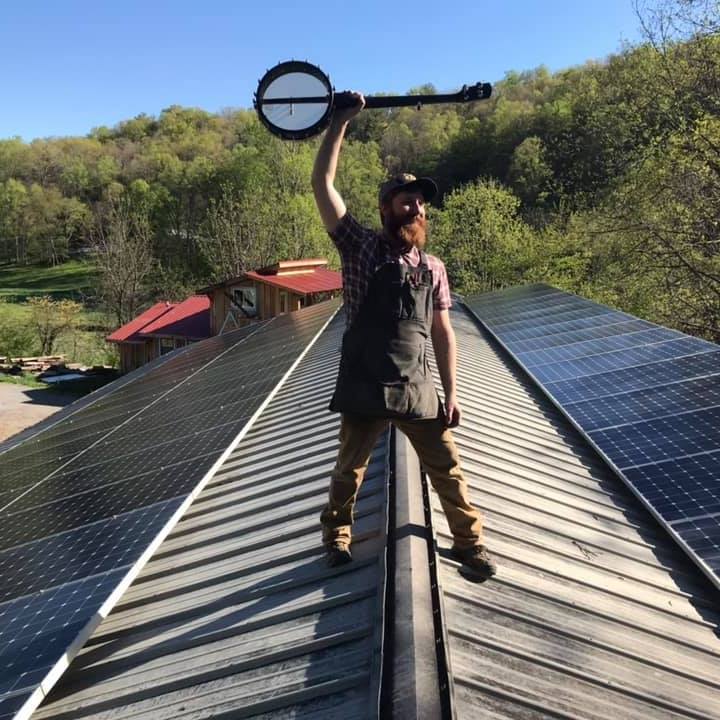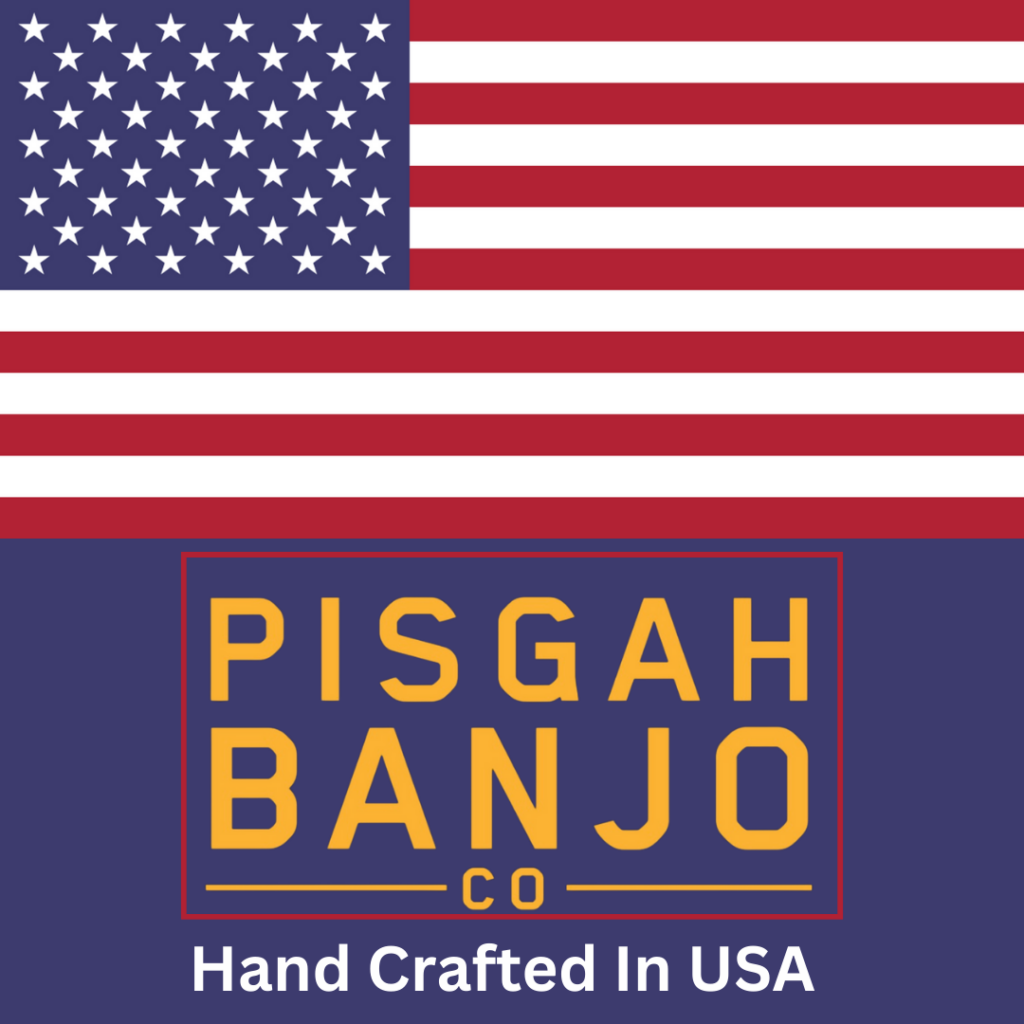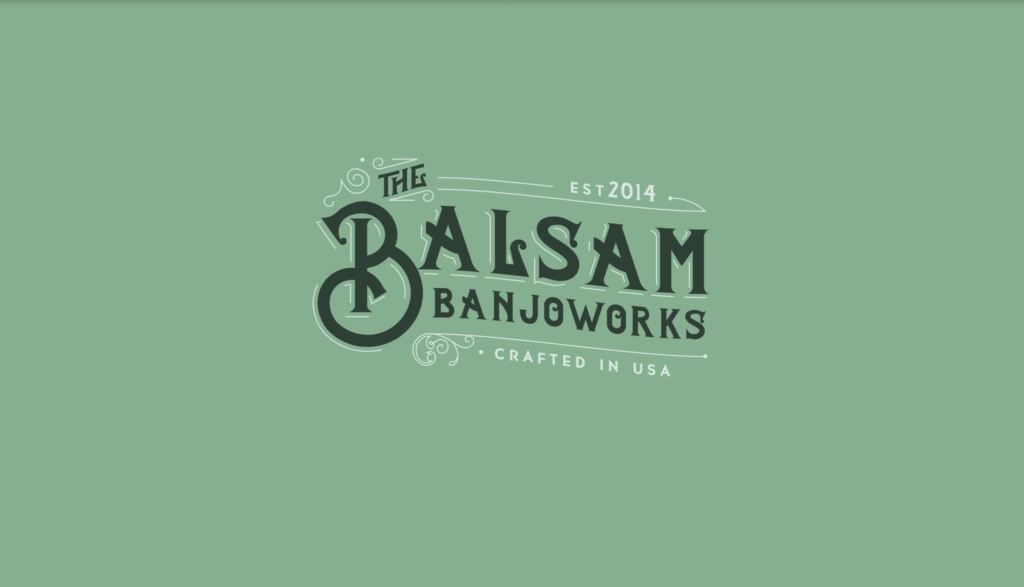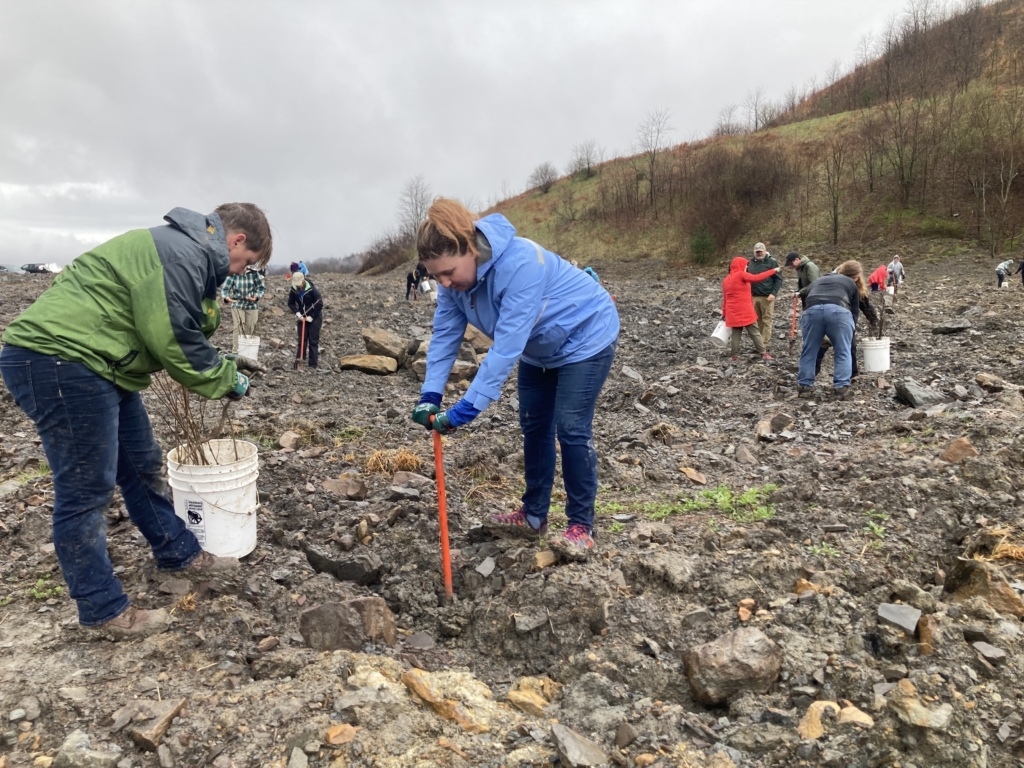
Written by: Patrick David Sawyer
At Pisgah Banjos, sustainability isn’t just a buzzword—it’s a core value that drives everything we do. One of our proudest achievements in this commitment to the environment is our use of solar energy to offset 100% of our energy needs. This isn’t just a bold step for us as a company; it’s a move that sets us apart in the musical instrument industry and underscores the importance of private-sector leadership in addressing climate change.
A Solar-Powered Workshop
Located in the Appalachian Mountains, our workshop runs entirely on solar energy. By installing solar panels, we’ve taken control of our energy consumption, ensuring that every banjo we craft is made with renewable energy. This means that from cutting the wood to assembling the hardware, the entire production process is powered by clean, sustainable energy from the sun.
Why Solar Power Matters
The shift to solar energy isn’t just about reducing utility bills—it’s about reducing our carbon footprint and contributing to a cleaner planet. Here are some of the key benefits of solar energy:
- Carbon Reduction: Solar energy produces zero emissions, helping to mitigate the effects of climate change.
- Energy Independence: By generating our own energy, we’re less reliant on fossil fuels and large-scale energy providers.
- Sustainable Production: Using renewable energy ensures that our instruments are as eco-friendly as possible, from start to finish.
Leading the Instrument Industry in Sustainability
The musical instrument industry has traditionally relied on materials and processes with significant environmental impacts, such as the use of tropical hardwoods and energy-intensive manufacturing methods. At Pisgah Banjos, we’re proud to challenge this norm. By offsetting all of our energy with solar power, we’re setting a new standard for sustainability in the industry.
Why Sustainability Is a Responsibility
As the effects of climate change become more apparent, it’s clear that businesses have a crucial role to play in driving positive change. Governments and policymakers alone cannot shoulder the responsibility of protecting our environment; private-sector businesses must lead by example. Here’s why:
- Influence and Scale: Businesses have the resources and reach to make a significant impact, influencing both consumers and competitors to adopt sustainable practices.
- Innovation: By investing in sustainable technologies and processes, businesses can drive innovation and create new solutions to environmental challenges.
- Community Leadership: When companies prioritize sustainability, they inspire their communities to do the same, creating a ripple effect of positive change.
Pisgah Banjos: A Model for Sustainable Craftsmanship
At Pisgah Banjos, our commitment to sustainability goes beyond solar energy. From using local, sustainable woods like persimmon to incorporating Richlite fingerboards made from recycled materials, we strive to minimize our environmental impact in every aspect of our business. Solar energy is the foundation of these efforts, ensuring that every banjo we create reflects our values of environmental stewardship and innovation.
A Call to Action
We believe that sustainability is not just a responsibility but an opportunity to make a meaningful difference. By choosing solar energy and prioritizing eco-friendly practices, Pisgah Banjos demonstrates that businesses can thrive while doing good for the planet. We hope our efforts inspire others—both within the instrument industry and beyond—to join us in building a more sustainable future.
When you choose a Pisgah banjo, you’re not just investing in a beautifully crafted instrument; you’re supporting a company that values the environment and leads by example. Together, we can create music that resonates far beyond the strings, echoing a commitment to a healthier, more sustainable world.
Disclaimer:
Please note that the information expressed in this post is based on personal opinions from the author, informed by years of hard work and experience. While the insights shared are rooted in real-world practice, they reflect individual perspectives and may not apply universally. Always consider multiple viewpoints and consult professionals in the industry when necessary.








